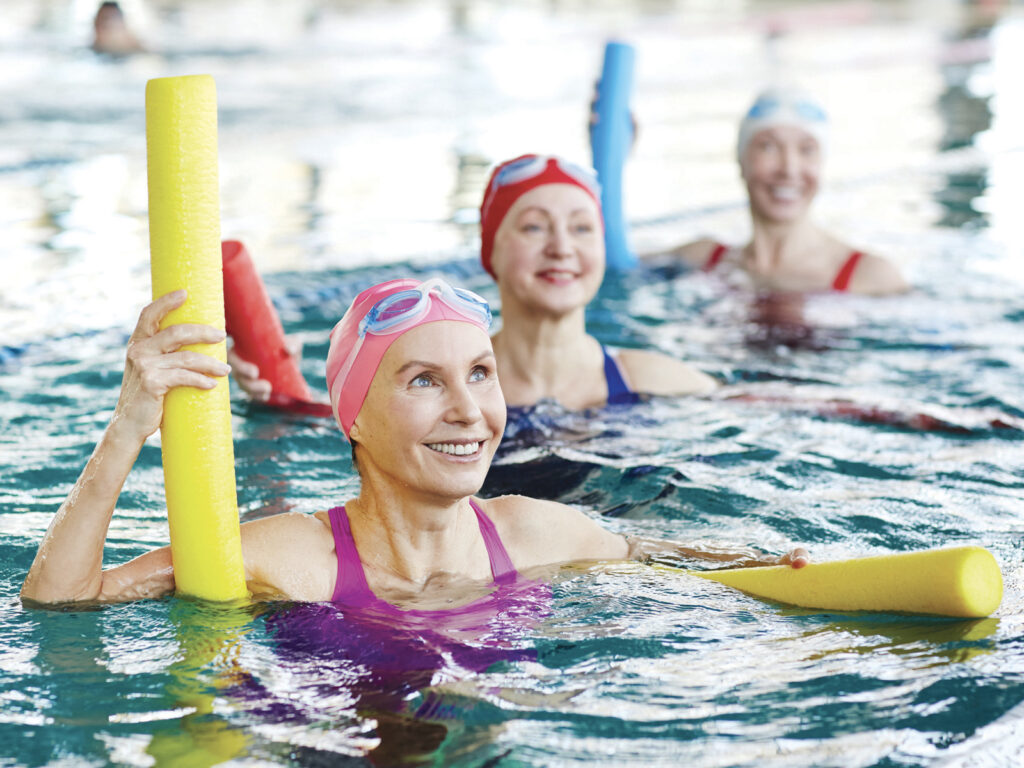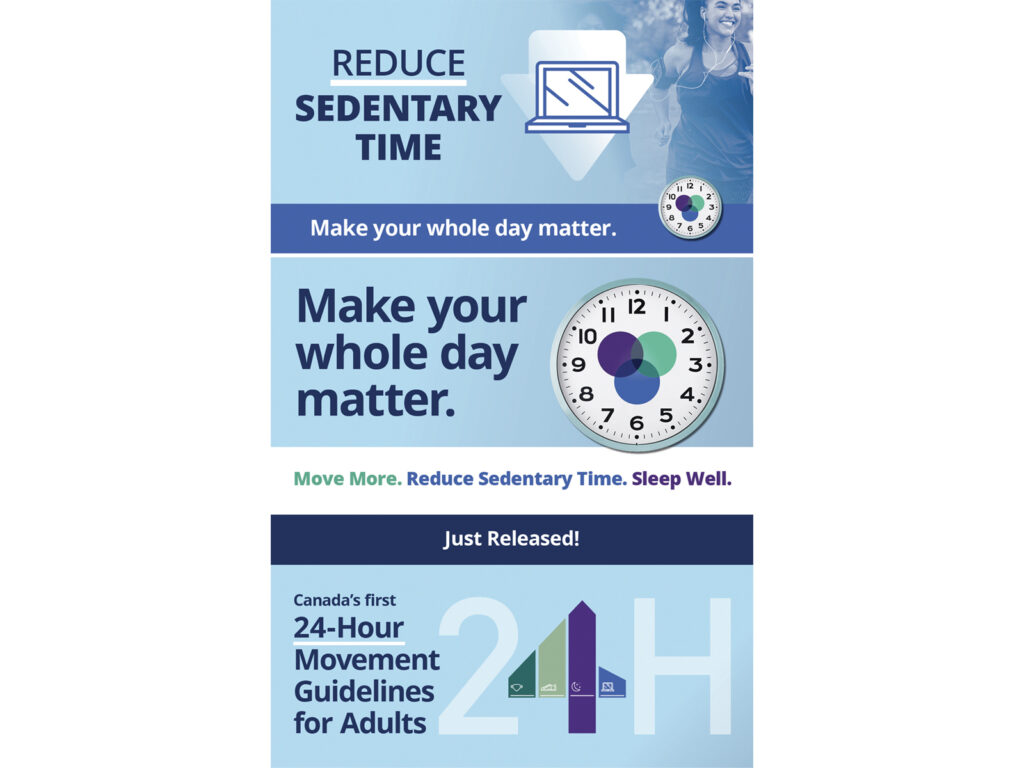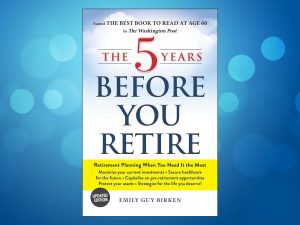How to minimize your risk of dementia
While there are some risk factors you cannot control for dementia, such as age and genetics, reducing the effects of risk factors that can be controlled is possible.
A healthier brain starts with these simple things: Being physically active; Being socially active; Following a healthy diet; Making safe choices; Managing your stress; Challenging your brain.
Keeping in mind your caregiving responsibilities, overall health and abilities as well as your interests and the following evidence based tips and strategies that have been suggested by the Alzheimer Society ,your risk of dementia can be reduced.
Make safe choices
Next to aging and genetics, lifestyle and environmental factors are influential in determining dementia risks. Protect your body for lifelong brain health by making conscious choices to reduce the risks caused by head injuries , smoking, hearing loss or high alcohol consumption.
Careful decision making can help you to:
Avoid habits that could harm your body. Consider the impact of smoking, listening to music too
loudly and drinking excessively.
Short term fun may not lead to long term health:
• Protect your head: Wear a helmet if you’re skating, blading, scootering, cycling.
• Evaluate your environment: Are you exposed to loud noises and vehicle pollution. Does your
home have safety rails and clear pathways. Avoid household falls by cleaning up.
• Track your numbers: Watch your blood pressure, cholesterol, weight and blood sugar levels and make sure they’re in the recommended ranges.
• See you doctor: Prevention and early warnings are key.
Manage stress levels
Over time, day to day stressers that persist over time can cause vascular changes and chemical imbalances that are damaging to your brain and other cells. Find ways to lower your stress by:
• Recognizing the symptoms of chronic stress: Think about Emotional, Physical, Mental and Behavioural impacts.
• Take personal time: Everyone, especially caregivers, needs a little quiet time to themselves to reboot. Find quiet spaces, opt for a massage, stop to meditate, take up a hobby or pick up a book.
• Be realistic: We often expect things that can’t be done. Focus on what can be done and what can benefit you right away.
• Get plenty of sleep: 7 – 8 hours a night is what most people need. Without sleep you can significantly impair your mood, memory and function.
• Reach out: Anxiety, depression, headaches, confusion and anger all things that can be talked about with a trusted family member, friend or your family doctor.
Challenge your brain
Staying curious, continuing to learn and managing your daily activities in later life is good for you.
For as long as you can try to:
• Life long learning: Take up new interests. Learn from others. Read and engage in different things.
• Play games: Puzzles, crosswords, jigsaws and memory games are all good for your brain.
Use reminders and stay in a routine. Use tips and strategies to stay on task, keep yourself organized and on track to finish things.
• Cultural activities keep you engaged: Check out plays, ceremonies, events, music events and art shows
• Cross train your brain: When you aren’t good at something—work to improve. Try a variety of new things in new ways. Try to use your non dominant hand to flex your brain for brushing teeth, opening a door, etc.
Be physically active
With regular exercise you are less likely to develop heart disease, stroke and diabetes—all associated with dementia. Staying active helps pump blood to the brain which nourishes the cells with both nutrients and oxygen. Regular exercise also reduces stress levels, improves your mood and reduces your potential for depression, high blood pressure, high cholesterol and diabetes.

Start slowly and set reasonable goals. Add a little bit of activity at a time and build up. Choose a brisk walk or roll to the store rather than driving the car. Take the stairs instead of the escalator or elevator for one or two floors.
• Consider aerobic activities: Swim, hike or dance. Try gentle yoga if you have reduced mobility and select activities to improve your balance and prevent falls like Tai Chi.
• Buddy up: Invite someone to join you. With social interaction you’ll have more fun and be building other brain health benefits.
Stay socially engaged
Ongoing mental connections are key. Research shows that regularly interacting with others may reduce dementia risks. Keeping your relationships strong and your life interesting protects against isolation and loneliness. Tips for being more engaged with others:
• Daily opportunities: Talk to your taxi or Uber driver. Say hello to others at the store. Make conversations in the elevator.
• Practice random acts of kindness: There’s always someone who’d appreciate a smile or a door being opened for them. Buy someone a coffee or help a neighbour.
• Maintain old friendships: Reconnect with others by phone or by chatting on line.
• Find time to volunteer: From community or church activities to joining a service club or helping at the nursing home or hospital. There are plenty of ways to get involved and busy.
• Meet for coffee: Rekindle interests together.
Follow a healthy diet
There’s an old saying that suggests that “You are what you eat.” The eating choices you make play a significant role in lowering your chance of having heart disease, a stroke or diabetes. In the long-term eating well helps maintain brain function and fight cognitive decline. Try these tips for eating well:
• Try to reduce processed foods, meats and sweets: Diets that are most studied so far by major research organization are the Mediterranean and MIND diets. These emphasize fruit, vegetables, nuts, whole grains, olive oils and fish.
• Opt for foods in many different colours: Blue and purple have antioxidants for instance while other green foods are good for your brain, bones teeth and vision.
• Add flavour with tasty spices: Nuts and seeds are good choices.
• Be mindful: Opt for smaller portions, eat healthy snacks and drink lots of water.
• Plan ahead: Don’t leave your diet to chance. Use a meal planning app. Cook your own food and decide on easy to prepare recipes.
Source: Alzheimer Society of Canada
The whole day matters

Canada’s first ever 24-Hour Movement Guidelines for Adults offer clear direction on what a healthy 24 hours looks like for Canadian adults aged 18-64 years and 65 years or older.
These guidelines are unique because they don’t just focus on a single movement behaviour, but instead look at how all these integrate together. This is the first time there are recommendations on various types of physical activity woven together with guidance on sedentary and sleep behaviours for these age groups.
Limit sedentary time to 8 hours or less per day including no more than 3 hours of recreational screen time. Break uplong periods of sitting.
Set yourself up for 7 to 9 hours of good quality sleep on a regular basis. Consistent bed and wake up times are also key.
Move more by performing a variety of intensities of physical activity that challenge balance and muscle strengthening. Do at least 150 minutes of moderate exercise each week.
Source: csepguidelines.ca













